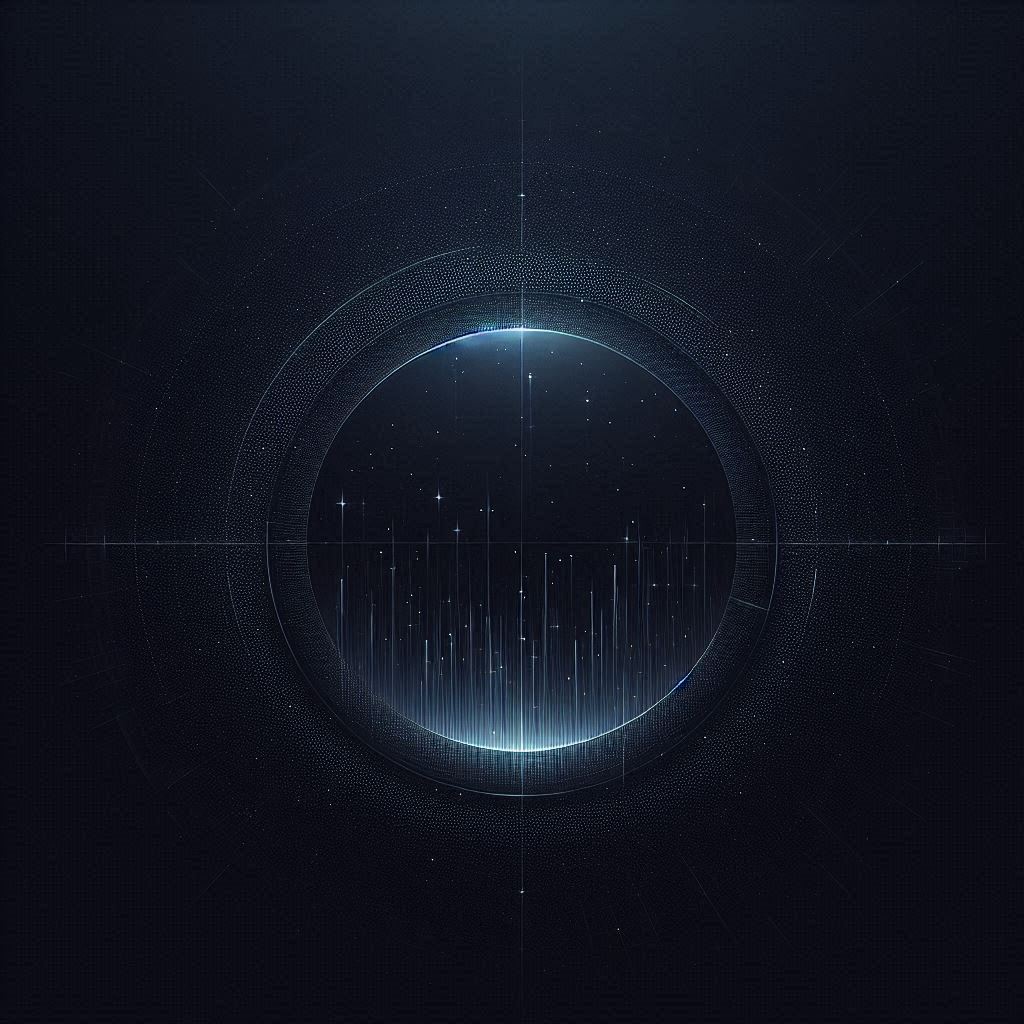Home › Forums › Forum : Music and Images: The Creative Hub of DMC Mystic › AI-Assisted Music › The Ultimate Guide to Generative AI in Music Production
Tagged: Music IA
- This topic has 0 replies, 1 voice, and was last updated 3 weeks ago by
 admin.
admin.
-
AuthorPosts
-
August 25, 2024 at 9:51 pm #8151::
Unlike most technological waves, progress can be measured in days or weeks rather than months or years. Each passing week, generative AI provides music producers with powerful tools to create unique compositions.
AI music generators play a crucial role in music production. Offering composers an unparalleled tool to explore different styles and genres, they push the boundaries of composition. AI music generators provide artists with a new means of creative exploration. They save time and resources while producing top-notch songs.
As AI continues to advance, music producers are already using it as an indispensable tool. AI music generators allow producers to create new musical ideas quickly and efficiently. This is an invaluable asset in an industry that places a high value on creativity and innovation.
Moreover, as these AI generators become more sophisticated, they will enable producers to explore different genres and styles. This goes against what we thought was possible in the field of music production.
What is Generative AI? Generative AI is a type of artificial intelligence designed to generate new data. This can include text, image generation, and music production. It uses machine learning models to analyze patterns in existing datasets and produce similar styles or structures. Generative AI can create music that sounds as if it were composed by a human musician.
How Does Generative AI Work in Music Production? Generative AI for music production works by identifying patterns in existing musical data. It then uses these patterns to generate new music with similar sounds. Additionally, AI algorithms can be trained on specific musicians’ styles to produce music in line with them.
AI music generators can create a wide range of music, from classical to contemporary. It can produce music in any mood, whether joyful and upbeat or melancholic. It can also blend multiple styles of instrumentation and create simple loops or complete compositions.
Advantages of Using AI Music Generators Using this new technology in music production offers many advantages. The main benefit is helping musicians create new musical ideas quickly and effortlessly. This can be particularly useful for musicians experiencing writer’s block or looking to explore different musical styles.
AI music generators can also help musicians create more personalized music tailored to their tastes and preferences. For example, AI algorithms can be trained to generate new tracks specifically suited to each musical style or preference.
They can also save time and resources during the production process. Instead of spending hours creating original compositions from scratch, musicians can now use AI algorithms to generate new music quickly and efficiently.
What is the Impact of AI Music Generators on Human Creativity? While AI music generators can be an incredibly useful resource for music producers, they do not replace human creativity. Instead, AI generators should be seen as a tool used to augment and enhance our own human creativity. They do this by offering new musical ideas that can then be refined using traditional production techniques. Finding a balance between technology and your artistic vision should be the key to using AI music generators.
How to Use AI Music Generators in Music Production Using this new technology in your music production is a very straightforward process. The first step is to choose the right platform that matches your musical preferences. Existing solutions can vary significantly in terms of the genres offered and the quality of production.
It is important to evaluate the musical quality of each music generator. This way, you ensure you start with the best result.
Here are some tips to follow when choosing the AI music generator that best suits you:
-
Avoid platforms that use copyrighted material to ensure the ownership of your generations is not questioned.
-
Avoid platforms that use musical loops, such as melody or instrument loops. This way, you will get tracks with the same melodic elements, which can compromise the ownership of your creations.
-
Make sure to receive all the appropriate files, such as tracks and MIDI files. This way, you can manipulate the output if you wish.
The second step in using AI music generators is to start generating music. Simply select a few high-level parameters, such as the desired genre, sub-genre, key, or tempo. Based on this information, a new track will be created for you. You can then listen to the output to ensure what you have created fits your project.
The final step is to edit and refine the music. Once the generator has created a track that suits you, you can manipulate it to achieve the desired result.
You can also release the track as is with many AI music generators. However, you should clearly understand their terms of use to ensure you have the rights to use the track.
Overall, this process can be repeated very quickly. This allows music producers to significantly increase the number of tracks they can release.
Final Thoughts Generative AI has arrived, and its impact on the music space will only grow over time. Those who leverage these incredible tools will have the opportunity to stand out and expand their own capabilities. These AI music generation tools will have a greater impact on the music industry than any other innovation since then. It’s time to get familiar with AI music generators and start using them.
-
-
AuthorPosts
- You must be logged in to reply to this topic.

